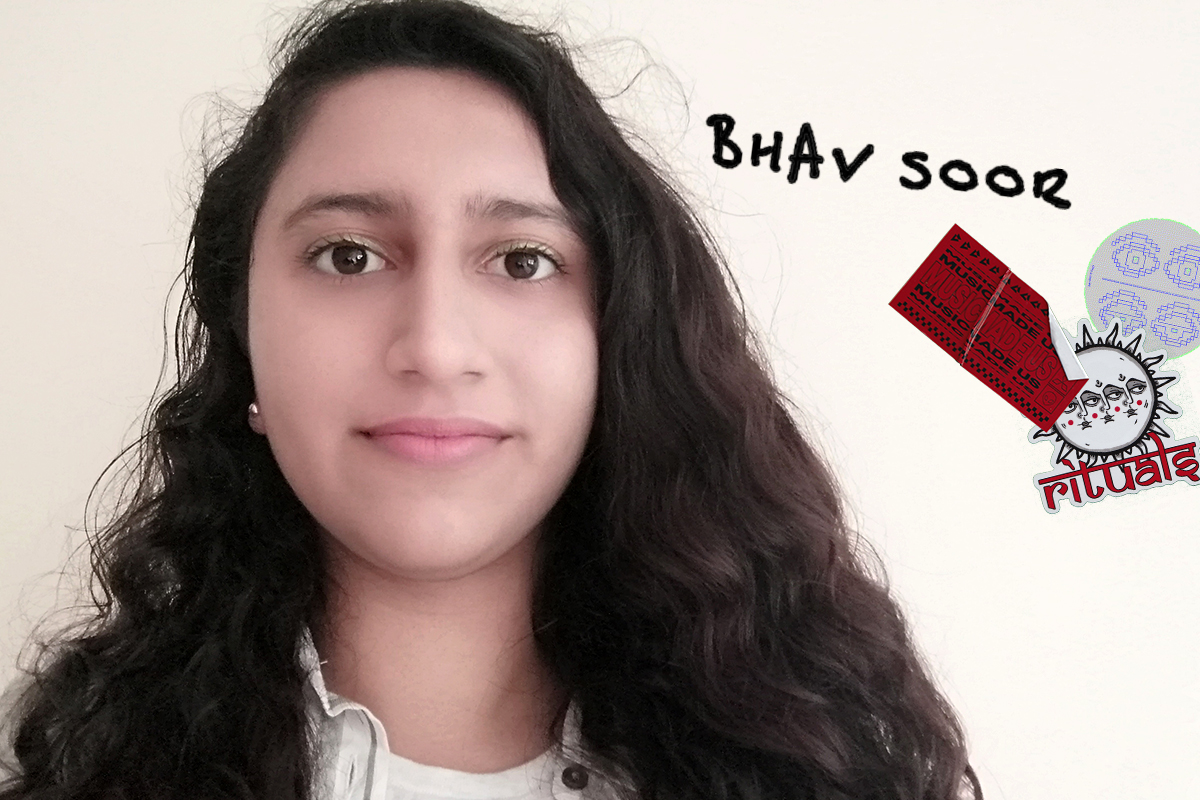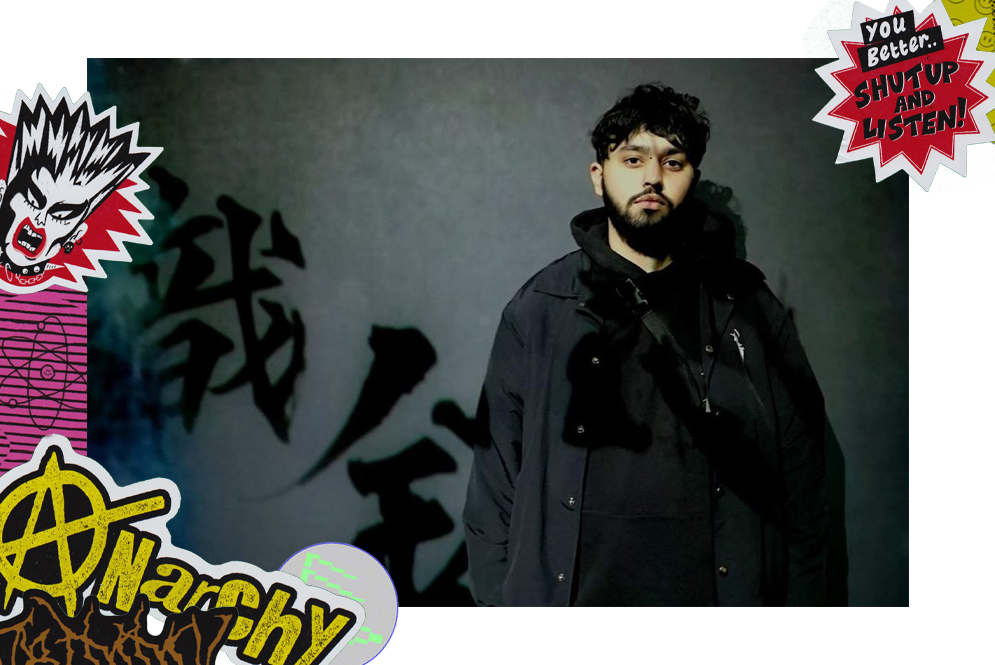As part of our Music Made Us campaign, Bhav Soor, Music Journalism student at BIMM Institute Birmingham, explains the influence of bhangra on her family and her life – thanks to the influence from her father and his bhangra roots.
The very first and most important personal influence would have to be my dad, who is a full-time musician very much involved in bhangra and Punjabi folk music. I witnessed a lot of events and weddings he had played at. I was also taught the dhol drum by him when I was younger. This gave me an early understanding and experience of the music that was a core part of Punjabi culture.
“Learning about the traditions of Indian classical music was very eye-opening for me.”
Through my dad, I had met the renowned UK sitarist, Roopa Panesar, who I started taking lessons with. This was how I was introduced to Indian classical music, which differed greatly from Punjabi folk. Learning about the traditions of Indian classical music was very eye-opening for me. The music can have deep spiritual meanings through its meditative tone. It also taught me that having respect for your teachers and fellow performers is very important.
I think my experience with both those genres of music, that derive from completely different parts of India, have helped me to understand how music is appreciated in different ways, whether it be through dance and celebration or exploring emotion and expression.
I also got to know more about western classical music as I took piano lessons and music as a subject for GCSE and A-Levels. At this point in my musical education, it was very interesting to compare western classical to Indian classical in terms of structure, meaning, melody and harmony, and I enjoyed listening and learning about both, respectively.
Later on in life, I developed an interest in electronic music, which I am still exploring and discovering more of to this day, enjoying popular artists such as Daft Punk and TWRP. For me, it’s their disco-inspired music paired with the novelty of their on-stage personas that made them seem like retro Sci-Fi characters that I absolutely loved as a person who takes a lot of interest in fiction and Sci-Fi.
I had considered a potential future at BIMM for a few years and had met some students at careers/university fairs. I loved the thought of being at an establishment, with its sole focus being music, and being surrounded by individuals who have a passion for music. I saw the courses were specific to careers in the music industry, which was a very rare find at other universities. The Music Journalism course caught my interest as I enjoyed writing and reading just as much as music itself. I felt like this course would allow me to write about my favourite genres and artists, as well as give me an in-depth understanding of how to do that on a professional level in the music industry.
“Realising that Birmingham is a place where a lot of different genres can be appreciated has made me feel more welcomed into the city as a person of Indian heritage growing up with Punjabi folk/bhangra music and being in the city that practically started it all in the UK.”
I began to understand that Birmingham was a city of music more than I had realised, as someone who doesn’t live in the city itself. Realising that Birmingham is a place where a lot of different genres can be appreciated has made me feel more welcomed into the city as a person of Indian heritage growing up with Punjabi folk/bhangra music and being in the city that practically started it all in the UK. It was nice to know that the people that I have met at BIMM Birmingham appreciate a variety of genres. It’s allowed me to embrace that I too enjoy a range of genres, whether it be eastern or western in origin.
“The UK has now adopted and embraced this music to the point where it can fuse with western genres and people of any background or culture can appreciate.”
I am proud that British Asian music (namely bhangra) has become so popular in the UK industry, as at one point it was seen as something unusual and totally foreign in this country. It has now become more vastly recognised, particularly in some of the UK’s larger and more diverse cities. The UK has now adopted and embraced this music to the point where it can fuse with western genres and people of any background or culture can appreciate.
It has certainly become an intensely celebrated aspect of this country, even finding its way to special British occasions such as royal family city visits and sports events like the Rugby World Cup, which I think is amazing. It has become a representation of the diversity of British culture, which people have adopted so passionately, especially in the music industry.
In Birmingham, there are a lot of large-scale shows that take place at the Arena and other large venues regularly, with popular Asian/British Asian singers and performers playing live, so that is certainly something to look out for. I’ve seen a few of them advertised around the Bullring, which is fantastic to see.
I know that there have been Bollywood night shows that have taken place at Birmingham University. Having been to one myself, I recommend it to those who are Bollywood music fans, both old and new! As someone from Leicester (one of the UK’s most multicultural cities), there are a TON of events and hubs to check out all year round if you are in the city in the future.
The best times are definitely around Diwali and Vaisakhi. These music events can take place at a lot of venues, whether large or small, particularly Attenborough Arts Centre, De Montfort Hall and The Peepul Centre, where Indian classical music and dance events take place. Bhangra/Punjabi folk and Bollywood music and arts are very prominent at festivals such as Leicester/Loughborough Mela and at The Golden Mile Diwali celebration. Those are just a few prime examples of where and when such scenes have the most activity.
Our Music Made Us campaign is told through the students, graduates, journalists, experts and passionate people who have been shaped by this creative music. Discover their stories here.



